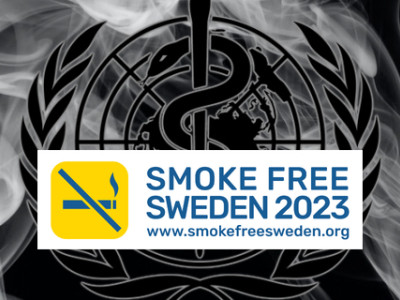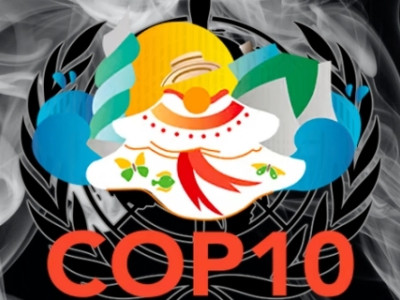Freedom of Information (FOI) requests have been landing on the desks of tobacco control policy makers across the United Kingdom. It has all the appearances of a coordinated campaign to discredit the positions taken by the government, Public Health England and various charities – trying to demonstrate that our positive vaping environment is the result of tobacco company influence.
The new index pours cold water on the hopes of the FOI submitters as it discovers the UK is the most successful at “resisting industry interference”.
Martin Dockrell, Public Health England, said he was “delighted to see UK top for resisting tobacco industry influence. No surprise to Industry (who get to read our regular and robust rejections) and to those who FOI us. No need to FOI though. We are pleased to publish them routinely.”
“Korea, Nepal, U.K. and Uruguay show low level of tobacco industry interference in policy development”
The report’s authors write: “Of the 33 countries, Japan faced the highest levels of industry interference and fared poorly in implementing Article 5.3 guidelines to protect its public health measures. Jordan, Bangladesh and Lebanon are also lagging far behind in implementing measures to protect themselves.”
Following hot on the heels of the aforementioned four countries comes the United States (with its reliance on tobacco revenue to funds the Master Settlement Agreement bonds), India and China (who are both tied to their national cigarette companies).
“In several countries, including Japan and China, governments own some share of the country’s largest tobacco companies”
Top 10 Worst Countries:
- Japan
- Jordon
- Bangladesh
- Lebanon
- Indonesia
- Egypt
- China
- United States of America
- South Africa
- Tanzania
On India, where a continuing war on harm reduction is taking place, the authors note: “The bidi industry in Bangladesh and India interfered in government attempts to apply tax on bidis. The Bangladesh Bidi Owners Association met the Finance and Commerce Ministers and submitted their proposals for the budget for Financial Year 2018-19 that included tax reduction and a request for cottage industry status for bidi industry. As a result, the bidi price (non-filter) remained unchanged in the FY 2018-19 budget. In India, the decision to impose additional cess (tax) on Bidi was postponed in 2017 after the Goods and Services Tax Council considered appeals from the tobacco lobby and questioned the proposal for high taxes on tobacco products, especially bidi.”
Whereas in the UK: “The U.K.’s Department of Health and Social Care (DHSC) has committed to issuing active reminders in the officials and delivery groups to limit contact with the tobacco industry. In February 2019, the All Party Parliamentary Group on Smoking and Health recommended that the DHSC ‘should provide all parts of Government [...] with advice on their responsibilities to protect public health policy from the commercial and vested interests of the tobacco industry based on the WHO FCTC Article 5.3 guidelines’.”
In addition, the UK has “instituted a policy and/or a procedure for disclosing records of interactions with the tobacco industry and its representatives.”
The USA would have featured in the top four were it not for them not taking tobacco industry representatives along to World Health Organisation meetings [ref: report summary table].
Related:
- Global Tobacco Industry Interference Index – [link]
Dave Cross
Journalist at POTVDave is a freelance writer; with articles on music, motorbikes, football, pop-science, vaping and tobacco harm reduction in Sounds, Melody Maker, UBG, AWoL, Bike, When Saturday Comes, Vape News Magazine, and syndicated across the Johnston Press group. He was published in an anthology of “Greatest Football Writing”, but still believes this was a mistake. Dave contributes sketches to comedy shows and used to co-host a radio sketch show. He’s worked with numerous vape companies to develop content for their websites.
Join the discussion
Harm Reduction For The Rich
The United Kingdom risks becoming a harm reduction country only for the wealthy, according to Michael Landl of the World Vapers’ Alliance
CAPHRA Highlights Tobacco Control Flaws
The Coalition of Asia Pacific Tobacco Harm Reduction Advocates highlights the flaws in tobacco control which has led to the rise of black market in Australia
A Missed Opportunity at COP10
The Smoke Free Sweden movement says that COP10 was a missed opportunity to save millions of lives
COP10: Promote Tobacco Harm Reduction
Experts with Smoke Free Sweden are emphasising the urgent need for a Tobacco Harm Reduction approach at COP10












